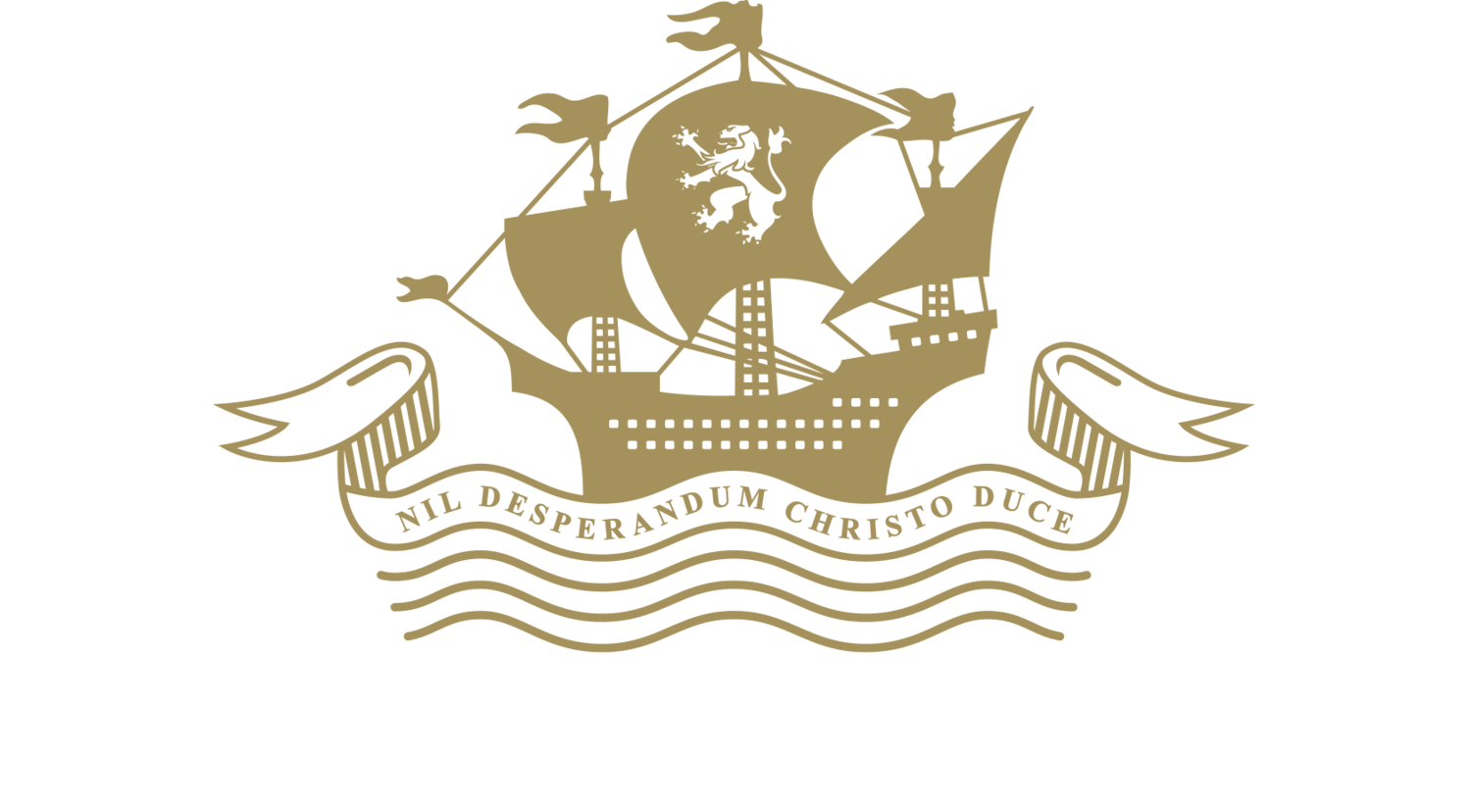Maths
Mathematics can stimulate moments of pleasure and wonder when a problem is solved for the first time, or a more elegant solution to a problem is discovered, or when hidden connections are “seen” or understood.
Teaching mathematics goes beyond the acquisition of knowledge (how to calculate the area of a triangle, accurately measuring angles) to develop skills required to perform in most, if not all other, subjects (sorting and analysing information; drawing conclusions from the information; ‘brainstorming’ new ideas; problem-solving; determining cause and effect; evaluating options).
The Reception to Year 6 programme follows the National Curriculum while Years 7 and 8 follow the Common Entrance Curriculum. The programme is designed to develop each individual pupil’s ability to learn and understand mathematical concepts, formulae and terminology; reason (numerically, algebraically, and geometrically); solve problems; and to handle data. As such, we strive to set challenging targets with high expectations for all pupils (including neatness of presentation and layout of work) and offer a variety of approaches to teaching and learning to engage and motivate pupils, which demand their active participation. We aim for each pupil to be able to:
Develop numeracy fluency and mathematical knowledge to the required demands for entry to the secondary school of their choice;
Reason logically;
Set out a rational argument;
Approach problems systematically;
Choose appropriate techniques for their solution;
Follow clearly expressed, logical instructions;
The implications are that pupils are:
organised in ability sets;
pupils are provided with the appropriate support, aids and interventions when identified as necessary;
given feedback that shows how they can achieve at a higher level;
encouraged to tackle problem-solving tasks;
feeling that they can contribute in the classroom.
Other Subjects
Art | Classics | Critical Thinking | Design & Technology | Digital Skills | Drama | English | Geography | History | Life Skills | Maths | MFL | Music | PE | Theology, Philosophy and Ethics | Science

